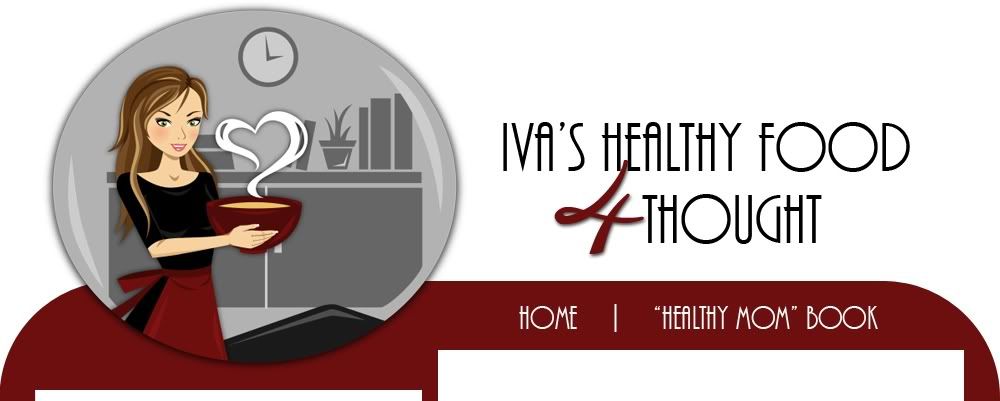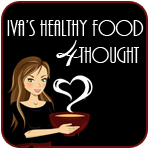Seriously, you don't! There are plenty of other ways to get the Potassium your body needs. You could take a supplement....nah, who wants to pop a horse pill when all you have to do is eat a balanced diet? Orange juice, avocados, tomatoes, beet greens, brazil nuts, beans....all are good sources of potassium. So why take a pill?
Potassium is considered a critical electrolyte and something our bodies need to function properly. Our bodies can't store potassium, so it is something we must get through our diet. Potassium strengthens the arteries and is essential for the healthy functioning of the brain. It helps balance out the fluids in our bodies and may reduce blood pressure as well. Potassium is important for the proper contraction of our muscles as well. There is a vitally important muscle I need to mention here....one that if it stops contracting, we have a life-threatening problem....and that would be? Bueller? Bueller? Anyone? Bueller? That's right! THE HEART!!! What more important muscle do we have? Potassium is a key ingredient to the proper contracting of your heart and the pumping of blood throughout your body. Anyone feel like that banana now? How about some tomatoes? Brazil nuts? Brussels sprouts! No? Ok, I can see I have more convincing to do....
Potassium is necessary for the proper functioning of our cells and a deficiency in our bodies can lead to a decrease in the levels of oxygen in the cells. It also regulates the transfer of nutrients to our cells and helps regulate kidney function as well. A lack of potassium can wreak havoc with our bodies. Potassium deficiencies (hypokalemia) are rare, but not unheard of. The human body requires approximately 2-4 grams per day, which is easily achieved through a balanced diet. Signs of a potassium deficiency are diarrhea, sweating, muscle weakness, increased heart rate and nausea. A severe deficiency can lead to heart failure or even stroke.
Too much potassium (hyperkalemia) can also be dangerous. It is essential to get the right amount of this electrolyte and get it in its most natural form. If you are eating a balanced diet, then there is no need to rush out and get a potassium supplement. The 2-4 grams we need are easily obtained through a healthy, balanced meal plan. Potassium toxicity is rare; the signs can include muscle weakness, heart complaints, fatigue and a tingling sensation. Mild hyperkalemia will not change the rhythm of your heart in a measurable way, but moderate hyperkalemia can cause changes on an EKG and sever hyperkalemia can cause the heart to stop beating. Another symptom worth mentioning, which is rare, but can be frightening is periodic paralysis. If the onset of hyperkalemia is rapid, then, in rare cases, a sudden paralysis can occur. The cause of this phenomenon is not clear, but experts in the field believe it could have something to do with the suppression of electrical activity in the muscles.
So, are you convinced yet of the importance of this critical electrolyte? The key here is moderation. We don't want to have too much potassium but we don't want too little, either.
The best way to balance your intake is to eat....tah dah! You got it! A well-balanced diet with whole foods, not processed junk and fast fixes! Here are a few examples of potassium rich whole foods:
BEST:
Baked Potato, flesh and skin
Tomato products
Beet Greens
Brazil Nuts
Dates
Raisins
Whole Tomatoes
Grapefruit
Quinoa
Lima Beans Cantaloupe
Soy Milk/Beans Spinach
cooked Refried Beans
GREAT:
Trail Mix
Soybeans
Nuts
Halibut
Spinach
Plums
Papayas
Beans
Peas
Carrots
Cauliflower
Broccoli
Beef
Blackberries
GOOD:
Dairy products
Barley
Mushrooms
Pumpkin
Kiwi
Duck
Bananas
Oranges
Mango
Red Grapes
Plums
Corn, sweet
Getting the correct amount of Potassium doesn't have to mean eating a banana every day (though that's not that bad of an idea); there are many other foods you can eat to acquire an adequate amount. A diet rich in whole foods will almost guarantee you the best balance of potassium without you ever even having to worry about it....the only thing you have to worry about now is not slipping on all the banana peels. Ha, Ha!!
* The recommended daily allowance for a woman 24 years and older is 1875 - 5625 mg per day.
Source: USDA National Nutrient Database for Standard Reference, Release 18 - Nutrient Lists
http://www.ars.usda.gov/Services/docs.htm?docid=9673
Subscribe to:
Post Comments (Atom)
















No comments:
Post a Comment